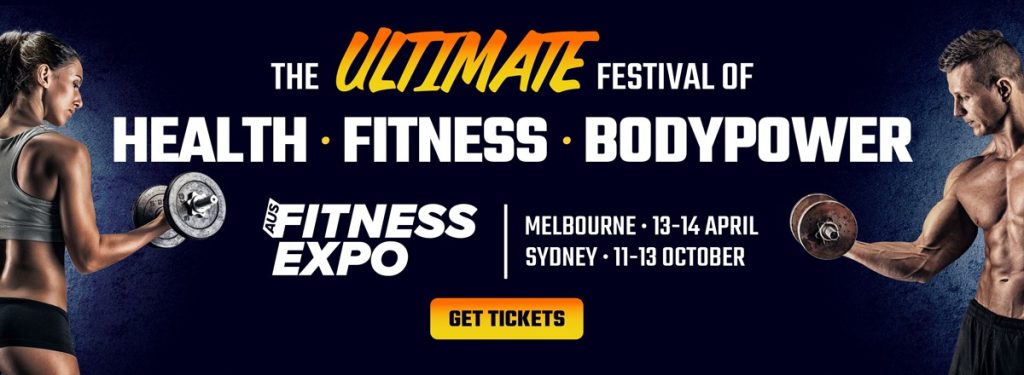As a dietitian there are a number of questions that you get asked all the time. Do eggs increase cholesterol? What is the best type of alcohol to drink? Which is better, butter or margarine? And more recently a new range of commonly asked questions relating to lower carb, Paleo and clean eating regimes. So here are the most common food myths I am seeing at the moment.
1. Coconut oil is the best oil because it is burnt not stored.
Hmmm, no, not really. While coconut oil does contain a high proportion of medium chain fats which are primarily metabolised through the liver, it is still fat and fat contains a lot of calories relative to carbs and protein. So if you swap a small amount of oil for coconut oil, yes you are more likely to use this fat as energy BUT if you use lashings of oil, and more than you usually would because it is ‘coconut’ oil, you still have to burn all these extra calories coming from fat. This may be fine for a personal trainer burning 2000+calories a day, but for the average person who spends much of the day sitting, it does not offer the health benefits that Extra Virgin Olive Oil does.
2. Almond milk better than dairy milk.
Only is you do not tolerate dairy milk or prefer not to drink it. The key nutrients we get from milk are protein and calcium and it is important to remember that almond milk contains literally none of either of these. Some non-dairy milks have a little calcium added, but again it is much smaller amounts than is found in dairy, or soy milks for that matter so if you do choose nut milk, make sure you get your calcium from somewhere else.
3. Fruit is bad because it is high in sugar.
Yes fruit does contain some sugar, between 20-30g per piece; it is hardly the issue when people regularly down soft drink, lollies, fruit juice and sweet treats which have 2-3x this amount of sugar. A couple of pieces of fruit each day is not issue, 5 bananas, unless you are an athlete could be.
4. Paleo is the best diet to follow?
The Paleo approach to diet refers to a general style of eating that focuses on unprocessed grains, seeds, nuts, leafy vegetables and lean proteins. Gone is gluten, dairy and excessive sugars from processed foods resulting in a diet that is relatively high in protein and reduced in carbohydrates. While Paleo can be an extremely healthy way to eat, the key is to focus on extremely lean meat and include plenty of fish and balance these protein rich foods with plenty of leafy greens and whole grains rather than eliminating carbohydrates entirely. It will also pay to keep aware of your calcium intake as a true Paleo approach does not include calcium rich dairy, and nut milks rarely contain much calcium.
5. If you cook with olive oil it will become carcinogenic?
No, in fact, the antioxidants in olive oil help protect the oil from oxidising when it is heated. Yes you will get the best results from olive oil when it is used in dressings or for roasting or baking but it does not turn carcinogenic when it is heated as commonly thought.
Article by Susie Burrell.

